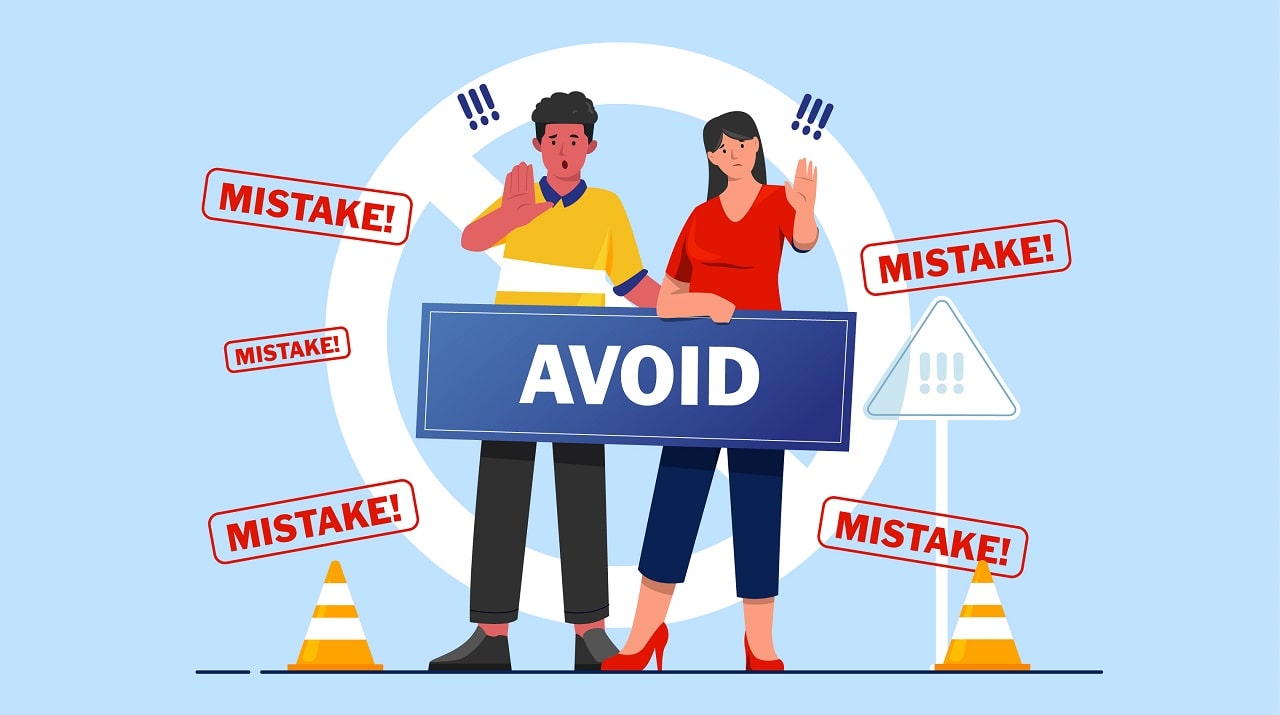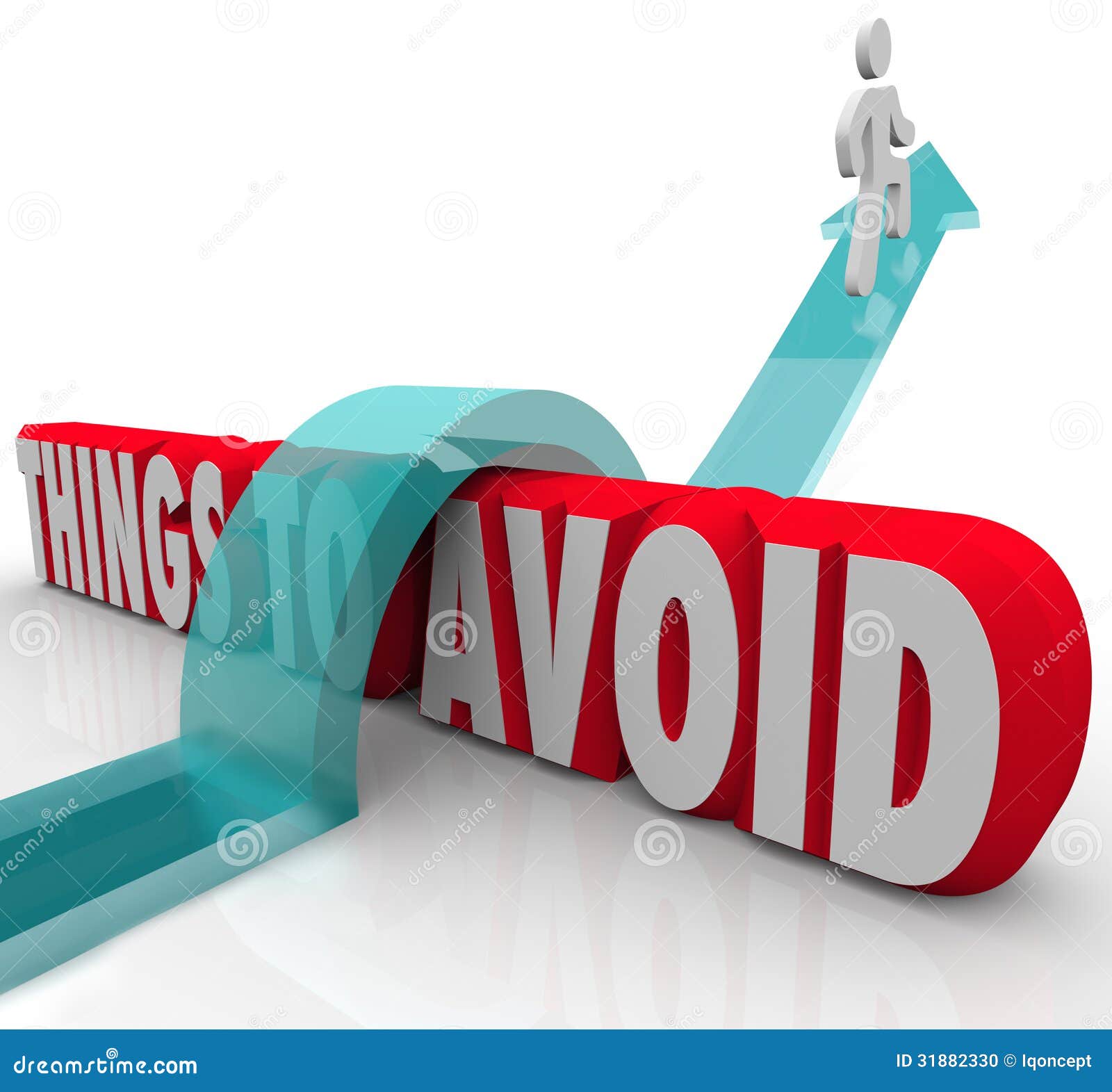
How to Avoid Dealership Upsells: A Comprehensive Guide to Saving Money on Your Next Car Purchase
Buying a car is a significant investment, and dealerships are well-versed in maximizing their profits. One common tactic they employ is the "upsell," where they try to sell you additional products or services beyond the base price of the vehicle. These upsells can range from extended warranties to paint protection packages, and while some may offer genuine value, many are overpriced or unnecessary. This article provides a comprehensive guide to avoiding dealership upsells and ensuring you get the best possible deal on your next car.
Understanding the Upsell Game
Before diving into strategies for avoiding upsells, it’s crucial to understand why dealerships push them so aggressively. The profit margin on the actual car itself is often relatively thin, especially on popular models. Dealerships make a significant portion of their revenue from finance and insurance (F&I) products, which are the upsells presented after you’ve negotiated the price of the car.
These upsells are often presented in a way that makes them seem essential or too good to pass up. Salespeople are trained to use persuasive techniques to highlight the potential benefits of each product while downplaying the costs or potential drawbacks. They might use fear tactics, implying that you’ll face costly repairs without an extended warranty, or create a sense of urgency by suggesting the offer is only available for a limited time.
Common Dealership Upsells to Watch Out For
Here are some of the most common upsells you’ll encounter at a dealership, along with a critical assessment of their value:
-
Extended Warranties (Service Contracts): These warranties extend the manufacturer’s warranty and cover repairs beyond the standard coverage period. While they can provide peace of mind, they are often expensive and may have limitations or exclusions. Consider whether the cost of the warranty outweighs the likelihood of needing expensive repairs, especially if you’re buying a reliable car.
-
GAP Insurance (Guaranteed Asset Protection): GAP insurance covers the difference between the outstanding loan balance and the car’s actual cash value (ACV) if the vehicle is totaled or stolen. It’s most beneficial if you’re financing a car with a high loan-to-value ratio, meaning you put little or no money down. If you have a significant down payment or a shorter loan term, GAP insurance may not be necessary.
-
Paint Protection/Fabric Protection: These treatments are marketed as protecting your car’s paint or interior from damage. However, they are often overpriced and may not provide the level of protection promised. You can often achieve similar results with aftermarket products at a fraction of the cost.
-
Rustproofing: While rustproofing was once a common practice, modern cars are generally well-protected against rust from the factory. Unless you live in an area with severe road salt exposure, rustproofing is usually unnecessary.
-
Credit Life/Disability Insurance: This insurance pays off your car loan if you die or become disabled. While it can provide financial security, it’s often more expensive than traditional life or disability insurance policies.
-
Tire and Wheel Protection: This covers the cost of repairing or replacing tires and wheels damaged by road hazards. If you live in an area with poor road conditions, it might be worth considering, but carefully review the terms and conditions to see what’s covered.
-
LoJack (Vehicle Recovery System): This system helps locate your car if it’s stolen. While it can be useful, it comes with a recurring subscription fee. Consider whether the cost is justified by the risk of theft in your area.
-
Maintenance Packages: These packages cover routine maintenance services like oil changes and tire rotations. While they can be convenient, they are often more expensive than paying for these services individually.
Strategies for Avoiding Upsells
Now that you understand the upsell game and the common products offered, here are some strategies to help you avoid them:
-
Do Your Research: Before you even step foot in a dealership, research the car you want to buy, including its features, reliability, and common problems. This will help you make informed decisions and avoid being swayed by salespeople who try to steer you towards a different model or trim level.
-
Get Pre-Approved for Financing: Secure financing from your bank or credit union before visiting the dealership. This will give you a benchmark interest rate and loan terms, allowing you to compare the dealership’s financing offer and avoid being pressured into a high-interest loan.
-
Negotiate the Car Price First: Focus on negotiating the lowest possible price for the car before discussing financing or any add-ons. Make it clear that you’re only interested in the price of the vehicle itself and that you’ll consider other products later.
-
Be Prepared to Say No: This is perhaps the most important strategy. Don’t be afraid to politely but firmly decline any upsells you don’t want. Remember, you are in control of the transaction, and you have the right to refuse any product or service.
-
Take Your Time: Don’t feel rushed to make a decision. Dealerships often try to create a sense of urgency to pressure you into buying add-ons. Tell the salesperson you need time to review the paperwork and consider your options. You can even take the paperwork home and review it at your leisure.
-
Read the Fine Print: Carefully read all the terms and conditions of any product or service you’re considering. Pay attention to exclusions, limitations, and cancellation policies. Don’t rely on the salesperson’s verbal explanations; make sure everything is clearly stated in writing.
-
Question the Value: Ask yourself whether the product or service offered is truly worth the cost. Could you achieve the same results with aftermarket products or services at a lower price? Consider your own risk tolerance and whether you need the extra protection offered by the upsell.
-
Walk Away: If you feel pressured or uncomfortable at any point, don’t hesitate to walk away from the deal. There are plenty of other dealerships that will be happy to sell you a car without resorting to aggressive upsell tactics.
-
Bring a Friend or Family Member: Having a friend or family member with you can provide a valuable second opinion and help you stay grounded during the negotiation process. They can also help you spot potential red flags or upsell tactics.
-
Consider Third-Party Alternatives: Many of the products and services offered by dealerships can be purchased from third-party providers at a lower price. For example, you can buy extended warranties from independent companies or get paint protection from a local detailing shop.
Conclusion
Avoiding dealership upsells requires preparation, knowledge, and assertiveness. By understanding the upsell game, researching your options, and being prepared to say no, you can save a significant amount of money on your next car purchase. Remember, you are in control of the transaction, and you have the right to refuse any product or service you don’t want. By following the strategies outlined in this article, you can drive away with the car you want at a price you’re comfortable with. Happy car shopping!
